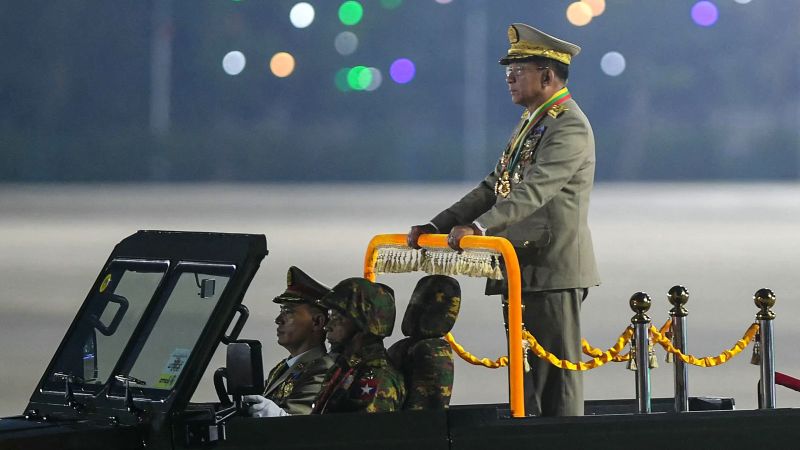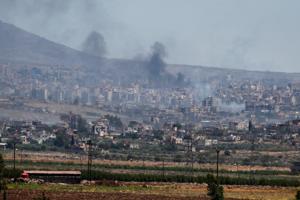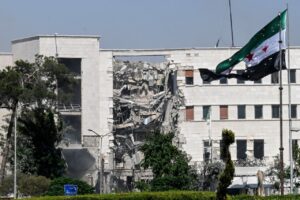
A letter from former US President Donald Trump announcing a new tariff on Myanmar’s exports has been met with enthusiasm by the country’s military leadership. Senior General Min Aung Hlaing, who heads the junta that seized power in Myanmar in 2021, expressed appreciation for the communication, framing it as recognition of the military’s authority. The letter, dated August 1, 2023, informs that the United States will impose a 40 percent tariff on Myanmar’s exports, a move that typically would concern most world leaders.
In a statement reported by state media Global New Light of Myanmar, Min Aung Hlaing characterized the letter as an “encouraging invitation” to engage with the US economy. He suggested that a high-level delegation could be dispatched to the United States to discuss potential cooperation. This optimism contrasts sharply with the broader international response to the junta’s actions, which have largely been met with condemnation and sanctions from Western nations.
Since the military coup that ousted the democratically elected government, Myanmar has faced severe political and social upheaval. The military’s actions have precipitated a civil conflict that has persisted for five years, involving pro-democracy fighters and ethnic rebel groups. The United Nations and various human rights organizations have accused the military of committing war crimes during its attempts to retain power.
The US, the United Kingdom, and the European Union have imposed sanctions on the junta and restricted diplomatic engagement. Currently, there are no fully accredited ambassadors from these nations stationed in Myanmar, a diplomatic situation that the military leadership has found frustrating. Nonetheless, Min Aung Hlaing’s interpretation of Trump’s tariff letter reflects a desire to shift the narrative in favor of the junta.
In an apparent attempt to curry favor with the former president, Min Aung Hlaing praised Trump’s leadership and referred to shared interests between the two nations. He specifically requested that the US reconsider its sanctions, arguing that they impede mutual prosperity. He acknowledged the historical context of Trump’s administration, which had initiated funding cuts to independent media outlets like Radio Free Asia and Voice of America. These outlets have been critical in providing independent reporting in Myanmar, particularly amid the junta’s crackdown on the press.
Min Aung Hlaing also drew parallels between Trump’s claims of electoral fraud in the 2020 US presidential election and the military’s allegations of irregularities in Myanmar’s elections. The military has long maintained that the National League for Democracy, led by Aung San Suu Kyi, won the 2020 election through fraudulent means. International observers, however, deemed that election largely free and fair.
Since the coup, Aung San Suu Kyi has been detained and is currently serving a 27-year sentence following a trial criticized by many as a political maneuver to eliminate her from the political landscape. The junta’s ongoing efforts to consolidate power have resulted in deepening divisions and increasing violence across the country.
As Myanmar navigates this complex political landscape, the implications of Trump’s letter remain to be seen. While Min Aung Hlaing seeks to leverage this communication for diplomatic gain, the reality of Myanmar’s political turmoil and international isolation continues to pose significant challenges for the junta. The US embassy has been contacted for further clarification on the letter’s implications and how it aligns with Washington’s stance on Myanmar, yet no response has been provided at this time.







